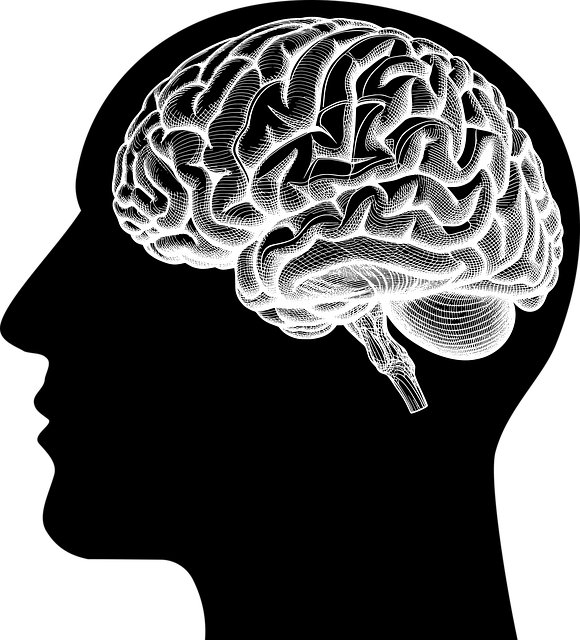Cultural sensitivity is crucial in mental healthcare for survivors of sexual abuse, as their experiences are deeply shaped by cultural beliefs and historical contexts. Therapists must understand and respect diverse cultural norms, address language barriers, and incorporate tailored techniques from Risk Management Planning to build trust and understanding. This approach enhances depression and burnout prevention among all clients, especially marginalized communities, through safe and inclusive spaces that resonate with unique cultural needs, particularly in therapy for sexual abuse survivors.
Cultural sensitivity is an essential aspect of providing effective mental healthcare, especially when treating diverse populations. This article explores the concept of cultural sensitivity within the context of mental health services, focusing on its impact and practical applications. We delve into the unique considerations for therapy with sexual abuse survivors, a vulnerable group often requiring tailored support. By understanding cultural nuances, professionals can offer more inclusive care, enhancing outcomes for all clients, particularly those from diverse backgrounds who have experienced trauma, such as survivors of sexual abuse.
- Understanding Cultural Sensitivity in Mental Healthcare
- The Impact of Cultural Considerations on Therapy for Sexual Abuse Survivors
- Practical Strategies for Culturally Responsive Practice in Mental Health Care
Understanding Cultural Sensitivity in Mental Healthcare

Cultural sensitivity in mental healthcare refers to the ability to understand and respect diverse cultural beliefs, values, and practices when providing therapy services. This is particularly crucial when working with survivors of sexual abuse, who may have unique experiences shaped by their cultural backgrounds. For instance, a survivor’s perception of trauma, recovery, and seeking help can differ significantly based on cultural norms, language barriers, and historical contexts.
Therapists must be adept at navigating these complexities to offer effective treatment. Risk Management Planning for Mental Health Professionals plays a vital role here by equipping practitioners with strategies to address cultural sensitivities in therapy sessions. By incorporating techniques tailored to diverse populations, therapists can foster an environment of trust and understanding, enhancing the potential for successful Depression Prevention and Burnout Prevention among their clients, especially those from marginalized communities.
The Impact of Cultural Considerations on Therapy for Sexual Abuse Survivors

Cultural sensitivity is paramount in mental healthcare, especially when treating sexual abuse survivors. The experiences of trauma and recovery are deeply influenced by an individual’s cultural background, beliefs, and social norms. What may be considered healing in one culture could be detrimental in another. For instance, some cultures emphasize collective suffering and sharing of experiences, while others promote individual silencing as a coping mechanism. Therapists must be equipped to adapt their approach based on these cultural considerations to ensure the safety and comfort of survivors.
Understanding and incorporating cultural context into therapy for sexual abuse survivors can significantly enhance treatment outcomes. This involves not only being aware of diverse cultural practices but also advocating for inclusive mental health policies that support Self-Care Practices and promote Emotional Well-being Promotion Techniques. Through a nuanced Mental Health Policy Analysis and Advocacy approach, therapists can create safe spaces that resonate with the unique needs and experiences of survivors from various cultural backgrounds.
Practical Strategies for Culturally Responsive Practice in Mental Health Care

Incorporating cultural sensitivity into mental healthcare practice is essential for providing effective and compassionate care to a diverse range of clients. One key strategy is emotional intelligence, which allows therapists to understand and respond appropriately to their patients’ emotional needs, especially when dealing with complex issues like trauma. For example, when working with survivors of sexual abuse, therapists should demonstrate empathy, actively listen, and validate the patient’s experiences, creating a safe space for healing.
Additionally, social skills training can be beneficial in helping clients from different cultural backgrounds improve their interpersonal interactions. This is particularly relevant in group therapy settings where individuals may struggle with communication styles or norms. Equally important is incorporating stress management techniques tailored to each patient’s cultural context. For some, mindfulness practices rooted in traditional cultures could be more effective than Western-centric methods. Such personalized approaches not only respect the client’s heritage but also enhance their therapeutic journey, ensuring better outcomes for all mental health services provided.
Cultural sensitivity is an indispensable aspect of mental healthcare, especially when treating survivors of sexual abuse. By incorporating practical strategies that embrace diverse cultural contexts, practitioners can create a safe and supportive environment. This approach ensures that every individual receives tailored care, fostering better outcomes and strengthening the therapeutic bond between client and caregiver. In light of these considerations, it’s crucial for mental health professionals to continuously educate themselves on cultural sensitivity, ultimately enhancing their ability to provide effective therapy for sexual abuse survivors.









